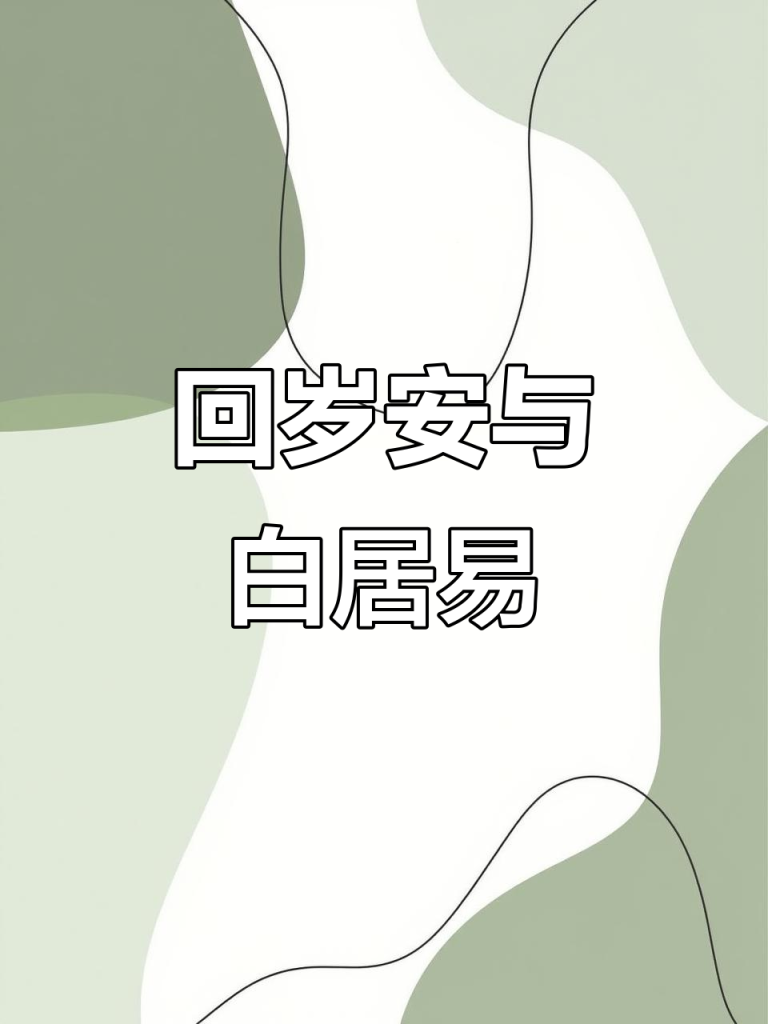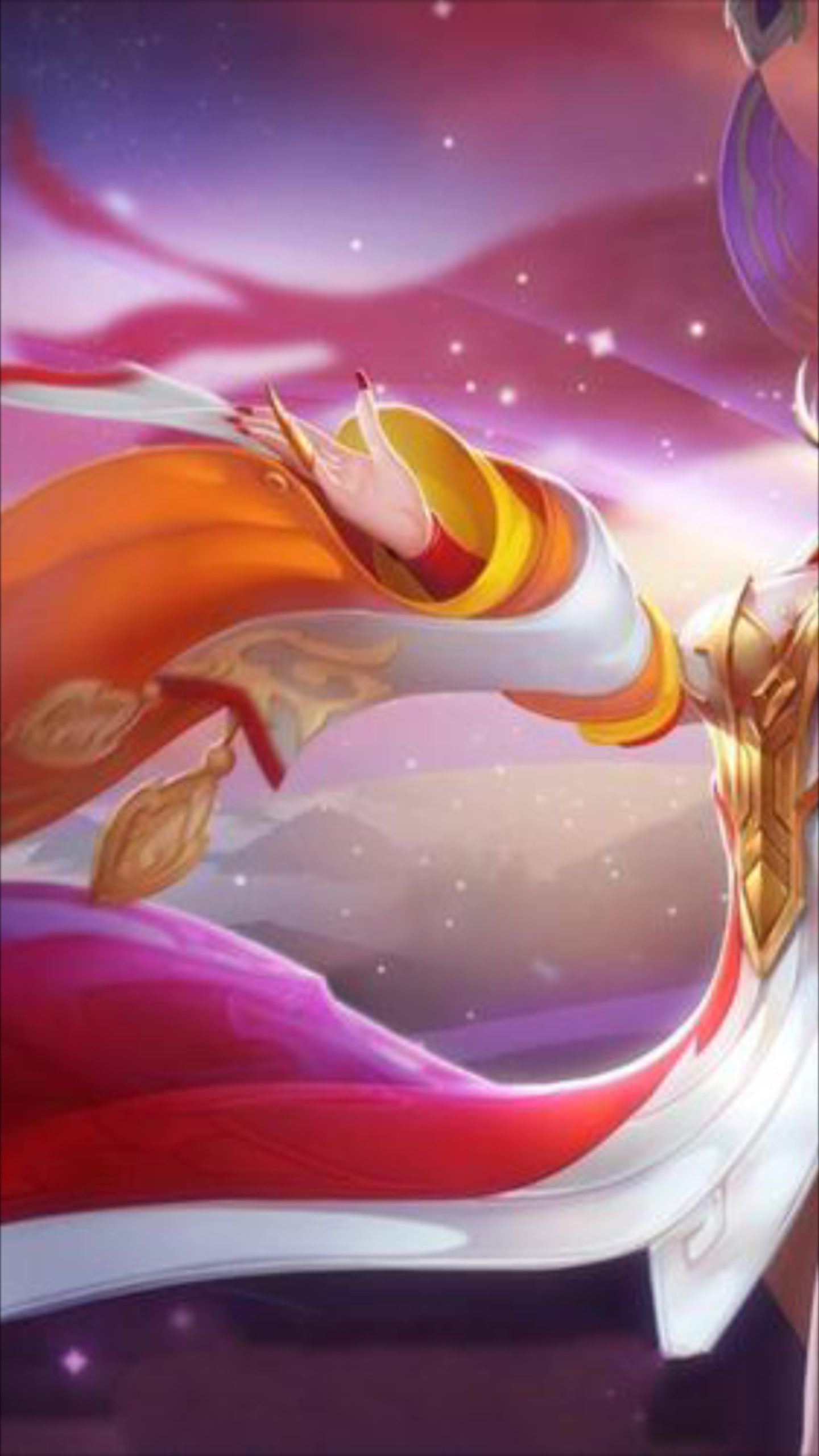Today, the History Encyclopedia editor will bring you Zhu Houzhao from the Ming Dynasty, hoping to be helpful to everyone.

Introduction
When it comes to the bizarre emperors of the Ming Dynasty, Emperor Zhengde Zhu Houzhao is definitely among the top. Emperor Zhengde was extremely playful throughout his life. Counting his actions, it was astonishing and absurd. In the “History of Ming Dynasty”, it is evaluated as follows: “If Zhu Houzhao inherited the legacy of Emperor Xiaozong, practiced strict rules and regulations, and had the power of a central ruler, then he would be renowned for his noble character. How could he value the criticism of future generations?” This implies that Zhu Houzhao originally held a good card and had the qualifications to become a holy and wise monarch, but he was forced to play with it and lose it. However, even though he is as promiscuous as Zhu Houzhao, he has been frequently “whitewashed” in recent years.
Although Zhu Houzhao in history was very capricious and addicted to eating, drinking, and having fun. But he trusts the true court officials very much and has never indiscriminately killed them. Although he himself is not involved in politics, he has hired many capable people to take care of it for him. Later on, Liu Jin was decisively executed by Lingchi, and during Zhu Houzhao’s reign as emperor, the rebellions of two feudal lords were suppressed without causing much controversy. So in recent years, historians have also questioned the evaluation of Zhu Houzhao in historical books. Because in historical books, Zhu Houzhao is depicted as a great tyrant, but apart from his own absurd actions, this great tyrant does not seem to have had a negative impact on the entire court.

▲ Still photo of Zhu Houzhao
01
Among them, the “Yingzhou Great Victory” recorded in historical books has sparked debate among many historians, which is also a point of contention about Zhu Houzhao. So what exactly happened to this battle? First of all, let’s start with Zhu Houzhao’s love for imperial expeditions. Zhu Houzhao’s posthumous title was Emperor Wu of the Ming Dynasty, and emperors with the posthumous title “Wu” generally achieved great military achievements. Although Zhu Houzhao did not achieve this, it did not hinder his enthusiasm for the imperial expedition. He had repeatedly expressed his desire to personally lead troops to battle.
In the twelfth year of the Zhengde reign (1517 AD), the opportunity that Zhu Houzhao had been waiting for for for a long time finally came. He heard that the Mongolian prince Boyan was leading an army to invade, and Zhu Houzhao was very excited. He immediately began arranging for the imperial expedition. After ignoring the dissuasion of many ministers, Zhu Houzhao conferred upon himself the title of “Mighty General Zhu Shou” and happily rushed to the front line. It seems that Zhu Houzhao is playing an interesting game. He not only transforms into a general to go on a campaign, but also arranges his own rank and salary. After Zhu Houzhao arrived at the front line, he began to intensively arrange various combat matters. It can be said that everything was ready, only waiting for the enemy to attack.
In October, finally arrived at the 50000 cavalry led by the Little Prince of the Mongolian Tatar tribe, heading straight towards Datong. General Wang Xun of Datong was very anxious because Datong’s military strength was insufficient. He was afraid that he would not be able to defend it, and the shadow of the Tumu Fortress Incident still hung over the hearts of Ming Dynasty ministers. Wang Xun hoped that Zhu Houzhao could return to Beijing, but for Zhu Houzhao, he had finally had the opportunity to lead the army in battle, so how could he easily return to Beijing. Zhu Houzhao gave Wang Xun a seemingly unbelievable order, demanding that Wang Xun take the initiative to attack when his own troops were weak.
02
At this moment, even the treacherous minister Jiang Bin felt that Zhu Houzhao was too childish, but Zhu Houzhao did not listen to Jiang Bin’s dissuasion. Subsequently, a series of deployments were made, and after Wang Xun’s troops encountered the Tatar forces head-on, he launched a fierce attack according to Zhu Houzhao’s orders. This attack method made the Mongolian prince mistakenly believe that there were still large troops behind the Ming army, so he dared not act rashly. However, this deceptive trick did not deceive the enemy for long. The Mongolian Little Prince soon realized that he had been deceived and angrily surrounded Wang Xun with his troops. But Wang Xun took advantage of the heavy fog and quietly led his troops to retreat to the city of Yingzhou.
▲ Still photo of Zhu Houzhao
At this time, the other three troops ordered by Zhu Houzhao to depart had also arrived, greatly enhancing the strength of the Ming army. However, they were still unable to confront the Mongolian army directly, and the Little Prince of Mongolia realized this and immediately ordered a strong attack. Wang Xun believed that even if this battle persisted for a long time, it would not be able to resist the Mongol army. He could only lead the Ming army to fight to the death and defend Yingzhou City.
But at this moment, the last army arranged by Zhu Houzhao had arrived. Zhu Houzhao personally led this army to Yingzhou. As soon as he arrived at the battlefield, Zhu Houzhao immediately ordered an attack on the Mongolian army. The Mongolian Little Prince was caught off guard and had to withdraw his troops. Finally, all the Ming army converged together. At this time, the number of soldiers in the Ming army had reached 50000, at least not inferior to the Mongolian army in terms of numbers, and could confront them head-on.
▲ Portrait of Ming Dynasty Army
03
After the decisive battle began, Zhu Houzhao personally took the lead and launched a charge. Zhu Houzhao rode his horse back and forth on the battlefield, cheering and encouraging his subordinates. Despite the obstruction of many subordinates, he personally rushed to the front line and directly engaged in battle with the enemy. With the current emperor sitting here, the morale of the Ming soldiers was greatly boosted, and they always held the initiative. After a fierce battle between the two sides for a day, the Mongolian prince had no choice but to order a retreat. Thus, the Ming court achieved a great victory in this battle.
This great battle lasted for a whole day, with a total of about 100000 participants from both sides. However, in the records of Ming history, there are only a few sentences, and the death toll of both sides is 16 Mongolians killed in action and 52 Ming soldiers killed in action. Such casualties in a battle of this scale are almost unbelievable, and what is even more unbelievable is the consequences of this battle, which are written in the “Biographies of the Tatars” in the “Ming History”: “… he invaded the border in the later years, but dared not go into it.
▲ Ancient War Stills
Are you afraid to go deep after only losing 52 people? The Mongolian army is also too reckless. And even if the actual number of participants is not 100000, there are still 50000 people at a discount. 50000 people fight for a day, and the result is only 68 casualties, which is quite bizarre in ancient battles. According to the analysis of historians of later generations, there are too many doubts about the great victory in Yingzhou, indicating that someone is lying. This is likely a deliberate smear and deliberate blurring of Zhu Houzhao’s achievements by later generations. One of the reasons is that Zhu Houzhao had sneaked out this time, which is not very respectable for an emperor; The second reason is that Zhu Houzhao’s successor was not his direct relative, and he was truly dissatisfied with this late emperor, so he deliberately did so.
Conclusion
The truth behind the event has been submerged in history. But it is obvious that Zhu Houzhao was not a shallow minded emperor. He had an extremely intelligent mind, but unfortunately, he had no country in his heart and only wanted to have fun. If he could focus his mind on political affairs, perhaps the Ming Dynasty could have another immortal ruler.
reference material:
Ming History
The Rule of the Country by Stubborn Children: The Righteousness of Emperor Wu of Ming Dynasty


